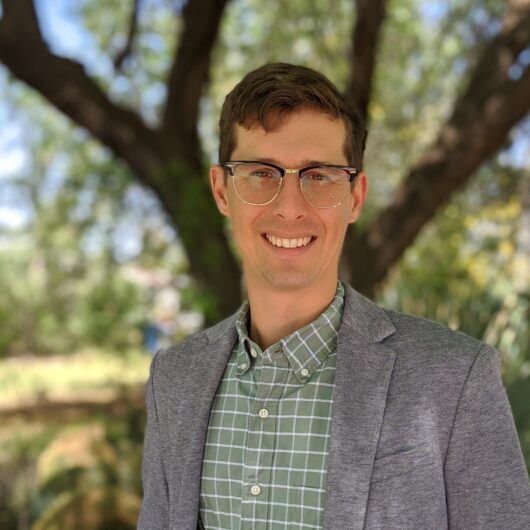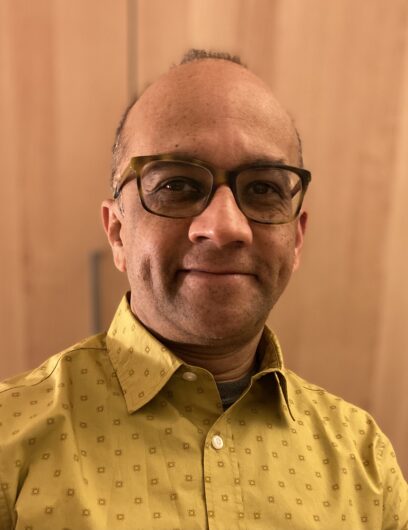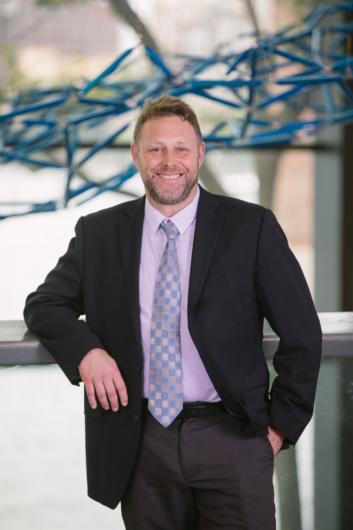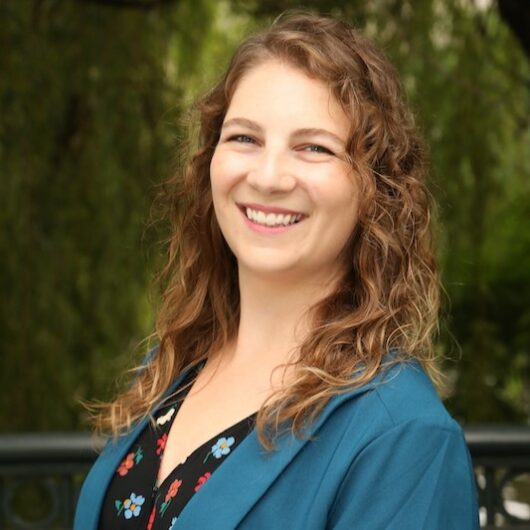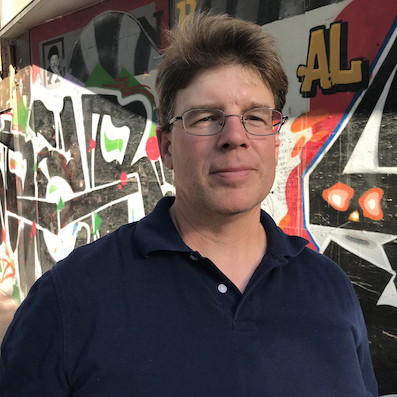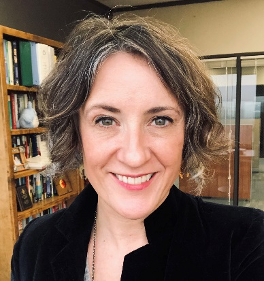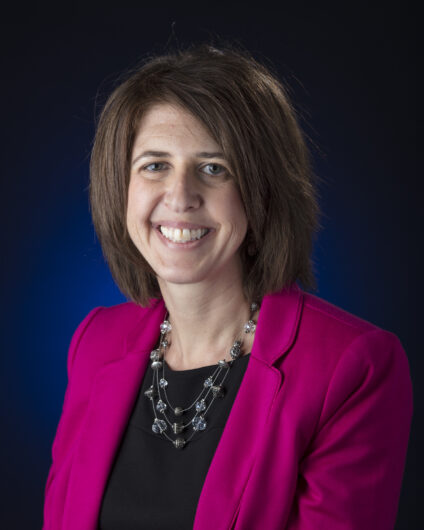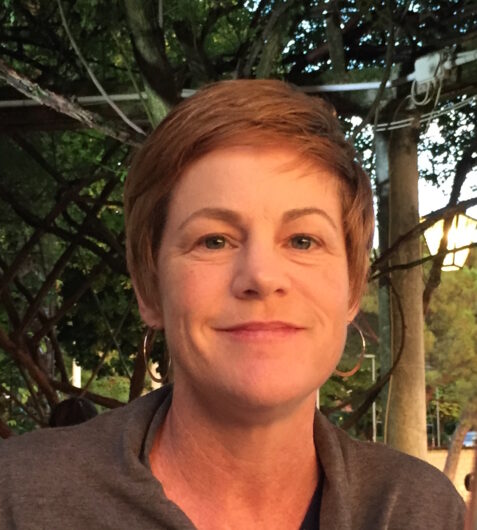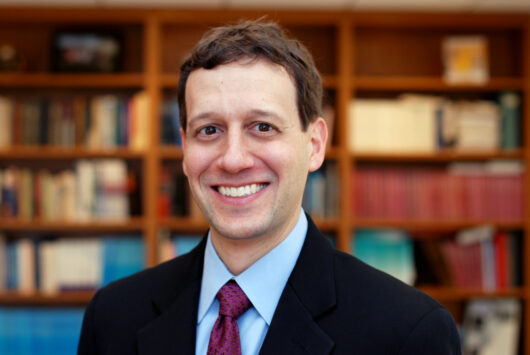New Tools for Science Policy
Operationalizing Public Participation in Federal Science & Tech Policy
A "Whole of Society" approach
Calls abound to increase diversity, equity, inclusion and access in federal policy and decision-making. Join the ECAST Network on to learn about using participatory technology assessment (pTA), stakeholder and public engagement method, to operationalize democratic governance of science and technology.
About the Seminar
December 15, 2021 3:00pm—5:30pm
In January 2021, the Biden administration issued Executive Order 13985 mandating that “the Federal Government should pursue a comprehensive approach to advancing equity for all, including people of color and others who have been historically underserved, marginalized, and adversely affected by persistent poverty and inequality.” In May 2021, House Science Committee Chair Eddie Bernice Johnson called upon the scientific establishment to “engage nontraditional stakeholders and diverse voices in NSF research, including civic organizations, labor, local and tribal governments, farmers, and even the public at large.”
The need to operationalize democratic governance of science and technology research and development is clear, yet few methods exist to do so. In 2010, a group of researchers, educators, and policy practitioners led by Arizona State University, the Museum of Science Boston, SciStarter, the Loka Institute, and the Woodrow Wilson International Center for Scholars established the Expert and Citizen Assessment of Science and Technology (ECAST) network to address this gap. Over the course of a decade, ECAST has developed an innovative and reflexive participatory technology assessment (pTA) method to support informed, inclusive, and democratic science policy decision-making. The network has conducted public deliberations across the United States. ECAST’s portfolio of topics and sponsors include planetary defense (NASA), community resilience (NOAA), nuclear waste (DOE), gene drives (DARPA), driverless cars (Kettering Foundation and Charles Koch Foundation), geoengineering (Alfred P. Sloan Foundation) and human gene editing (NIH).
Join the ECAST network partners on December 15th from 3-5:30 PM ET to learn about pTA methods and applications, participate in a forum simulation and learn about the opportunities, challenges, and successes of this stakeholder and public engagement method.
This event is invitation only. Please email Mahmud Farooque if you would like to attend.
AGENDA:
3:00 pm Welcome and ECAST Introduction: A Reflexive Method for Advancing the Public Role in Science (Livestream)
- Nicholas Weller, ASU, Moderator
- Darlene Cavalier, ASU & SciStarter
- Mahmud Farooque, ASU & Consortium for Science, Policy and Outcomes
- David Sittenfeld, Museum of Science, Boston
3:15 pm Cooling a Warming Planet: A deliberation forum on Climate Intervention Research
- Forum Introduction, Emily Hostetler
- Solar Geoengineering Research Introduction, Video
- Deliberation: What Could be Researched? How can SRM Research be Implemented? What should be prioritized?
- Resolution: Developing a plan for geoengineering research
- Report out and wrap up, Emily Hostetler
4:20 pm Break and Refreshments
4:30 pm pTA Results and Outcomes: Research, decision support, knowledge co-production, rulemaking and policy (Livestream)
- David Tomblin, University of Maryland
- Jen Schneider, Boise State University
4:45 pm ECAST-Sponsors Roundtable: Opportunities and challenges for pTA in research, education and policy (Livestream)
- Darlene Cavalier, ASU, Moderator
- Amy Kaminski, National Aeronautics and Space Administration (virtual)
- Carrie McDougall, National Oceanic and Atmospheric Administration
- Evan Michelson, Alfred P. Sloan Foundation (virtual)
- Mahmud Farooque, ASU & Consortium for Science, Policy and Outcomes
- David Sittenfeld, Museum of Science
5:30 pm Adjourn
Location Information
1800 I St NW
8th Floor
Washington, DC 20006
Speakers
Past Series
-
December 15, 2023 9:00am
Responsible Artificial Intelligence: Policy Pathways to a Positive AI Future
Andrew Maynard
-
November 17, 2023 9:00am
“Unacceptable Costs”: Managing for biological invasions and climate risks in the US Pacific Islands
Laura Brewington
-
October 30, 2023 9:00am
Patent Data & Publicly-Funded Research: Applications, Benefits, & Misuse
Bhaven N. Sampat
-
April 05, 2023 9:00am
Quantity over Quality: How to Solve Electric Vehicle Charging Infrastructure
Ryan Cornell
-
March 29, 2023 9:00am
How Complexity Science Can Guide Urban Transformations
Bastian Alm, Shade Shutters
-
February 02, 2023 9:00am
Making Research Matter for Policy
Robert M Cook-Deegan
-
October 07, 2022 9:00am
Creating Justice, Trust, and Inclusivity in Climate Policymaking
Kaiping Chen
-
March 21, 2022 9:00am
Framing Our Biological Futures
Cynthia Selin, Christopher Scott, David Tomblin, Janine Myszka , Lauren Lambert, Haley Manley, Dorit Barlevy
-
June 08, 2022 9:00am
Braiding Birthwork, Racial Justice, and Smart Technology
Alexandrina Agloro, Stevie Merino
